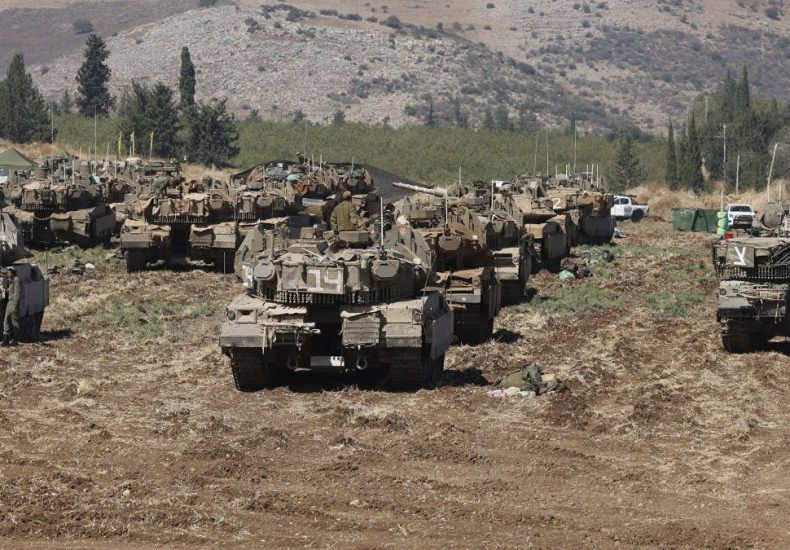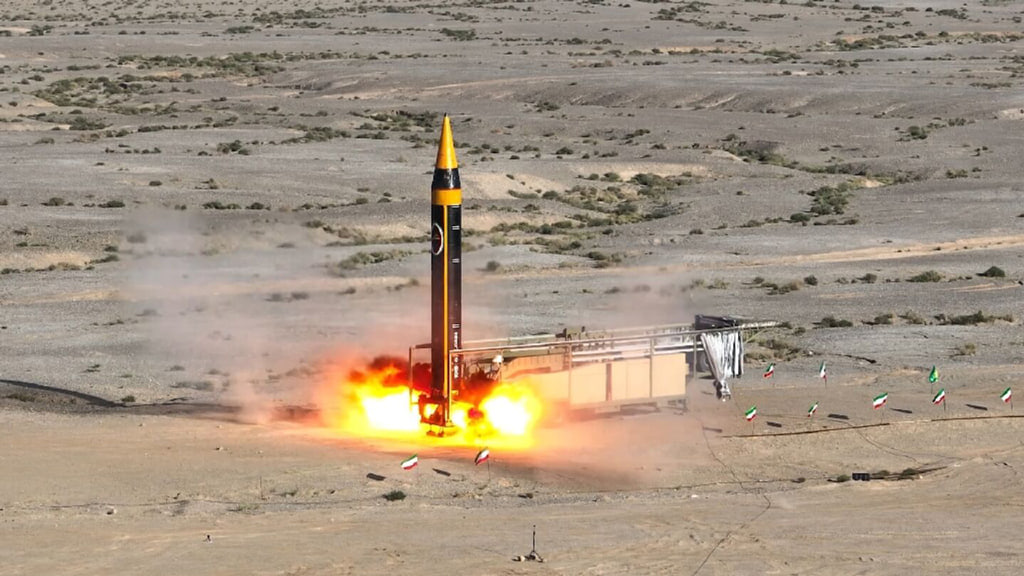
Iran Israel Conflict: Rising Tensions and Global Implications
The Iran Israel conflict has been escalating in recent months, drawing significant global attention due to its profound geopolitical implications. As tensions rise between these two Middle Eastern powers, the conflict threatens not only regional stability but also international security. Both nations have exchanged military strikes and cyber-attacks, deepening the longstanding rivalry that has shaped much of Middle Eastern politics in the 21st century.

Background of the Iran-Israel Conflict
The roots of the Iran-Israel conflict can be traced back to the Islamic Revolution of 1979, when Iran’s regime, led by the Ayatollah Khomeini, replaced the Western-backed Shah of Iran. Following the revolution, Iran’s government became a staunch opponent of Israel, primarily due to Israel’s close ties with the United States and Iran’s shifting focus on supporting Palestinian groups and opposition to Israeli policies in the region.
Over the years, Iran’s nuclear program has been a major point of contention, with Israel fearing that Iran could develop nuclear weapons that would threaten its security. This has led to repeated confrontations, covert operations, and diplomatic disputes. The conflict has worsened in recent years, with both countries making direct threats of military action.
Recent Escalation: Proxy Wars and Cyber Attacks
In the last year, the Iran-Israel conflict has intensified due to several factors, including Iran’s growing military presence in Syria and its support for groups like Hezbollah in Lebanon and various Palestinian factions. Israel, on the other hand, has been conducting airstrikes against Iranian-backed forces in Syria, aiming to curb Iran’s military influence near its borders.
The conflict also extended into the realm of cyber warfare, with both nations reportedly engaging in sophisticated cyber-attacks against each other’s critical infrastructure. In recent months, Iran accused Israel of attacking its nuclear facilities, particularly the Natanz enrichment facility, which has significantly disrupted Iran’s nuclear ambitions. Conversely, Israel has faced retaliatory cyber-attacks on its energy infrastructure, reflecting the escalating tension in the digital arena.
Impact on the Middle East and Global Security
The escalating Iran-Israel tensions have profound implications for the Middle East. As Iran continues to support militia groups in countries like Iraq, Syria, and Lebanon, Israel’s security concerns grow. Israel views Iran’s growing influence as a direct threat to its existence, while Iran perceives Israel as an imperialist state that is trying to control the region with the backing of the United States and Western powers.
Additionally, the potential for a wider regional war remains high, especially with the involvement of other players like the United States, Russia, and several Gulf States. If the conflict escalates into a full-blown military confrontation, it could trigger a devastating regional war that would draw in multiple nations, further destabilizing an already volatile region.
Diplomatic Efforts and International Involvement
While tensions remain high, there have been efforts at diplomacy to avoid full-scale war. The European Union and United Nations have called for de-escalation, urging both Iran and Israel to engage in talks to reduce hostilities and avoid further violence. The U.S. administration, under President Joe Biden, has also been working on diplomatic solutions, including a return to the Iran nuclear deal (JCPOA), though Israel strongly opposes any agreement that might enable Iran to achieve nuclear weapons capability.
However, despite international pressure, both nations remain deeply entrenched in their positions, making it difficult for diplomacy to succeed. For Israel, the idea of a nuclear-capable Iran is unacceptable, while Iran continues to push for more autonomy in its foreign policy and defies Western influence.
What’s Next for Iran and Israel?
The future of the Iran-Israel conflict remains uncertain. While direct military confrontation between the two countries is not inevitable, the ongoing proxy wars and cyber-attacks may continue to fuel hostilities. The broader geopolitical landscape of the Middle East, including the involvement of external powers like the U.S. and Russia, will also play a crucial role in shaping the trajectory of this conflict.
In the coming months, it is possible that either side could take more aggressive action. Israel may continue its airstrikes on Iranian targets in Syria and Iraq, while Iran could escalate its military activities in response to Israeli attacks. Additionally, the cyber war between the two nations is likely to expand, with both sides aiming to disrupt each other’s technological capabilities.
Conclusion: A Conflict with No Clear Resolution in Sight
The Iran-Israel conflict remains one of the most complex and dangerous rivalries in the Middle East. Despite efforts by the international community to mediate, the deep ideological divide, coupled with strategic and security concerns, makes it a challenge for any peace talks to succeed. As tensions continue to rise, both nations must decide whether they are willing to pursue diplomacy or escalate the conflict further, which could have catastrophic consequences for regional and global stability.
As the situation unfolds, the eyes of the world will remain on Iran and Israel, hoping for a peaceful resolution but bracing for the possibility of further conflict.